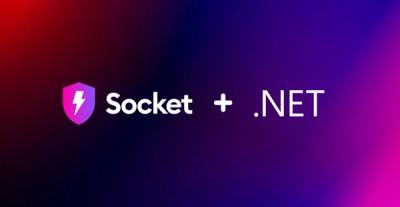expo-build-flags
A module to make feature-flagging easier for expo projects.
This module is in active development and is not stable or well documented yet.
Getting Started
yarn add expo-build-flags
Add a flags file to the root of your repo in the form of the test example, or run yarn build-flags init.
Run yarn build-flags override +secretFeature -newFeature sometime before your bundle server or build start to generate the runtime typescript module. This path is defined by mergePath and you should add it to your project gitignore.
The arguments after the override command are the flags you want to + enable or - disable. No comparison with the default value is done, so if it's already enabled and you +enable it, it's a no-op.
You can run yarn build-flags ota-override instead of "override" to do the same but also consider the branch name in two supported CI environments: Github and Gitlab. Use the ota.branches array in the flags.yml to setup that matching and branch-based enablement.
Set Flags in CI & for Static Builds
To set flags for EAS builds, set the EXPO_BUILD_FLAGS environment variable in eas.json for your profile. This value will be available to the config plugin at build time in EAS when you add it to your app.json plugins array:
{
"expo": {
+ "plugins": ["expo-build-flags"]
}
}
Using the EXPO_BUILD_FLAGS environment variable, the config plugin will:
- add a
<meta-data android:name="EXBuildFlags" /> tag to your AndroidManifest.xml
- add a
EXBuildFlags array to your Info.plist
- generate the runtime build flags module for your javascript bundle
The variable value is a comma-separated list of flag names you want to enable, ie: EXPO_BUILD_FLAGS=newFeature,secretFeature.
Enable Tree Shaking
To benefit from tree shaking, add the babel plugin to your project's babel config:
{
presets: ["babel-preset-expo"],
plugins: [
+ ["expo-build-flags/babel-plugin", { flagsModule: "./constants/buildFlags.ts" }],
],
}
The flagsModule path must match the runtime mergePath in your committed flags.yml file. This plugin replaces the BuildFlags imports with the literal boolean values which allows the build pipeline to strip unreachable paths.
Flagged Autolinking
If your feature relies on native module behaviour, you may want to avoid linking that module if the build flag is off. To do so, specify the absolute name or relative path to the module in the base definition for your flag:
Example for flags.yml definition:
flags:
featureWithNativeStuff:
value: false
modules:
- react-native-device-info
In the above example, react-native-device-info would be excluded from autolinking. If you want to allow builds to occur on a specific branch, you can specify it:
modules:
- react-native-device-info:
branch: some-branch-with-build
Locally-referenced modules aren't currently supported (until this 'exclude' exclusion can be overridden).
Goals



